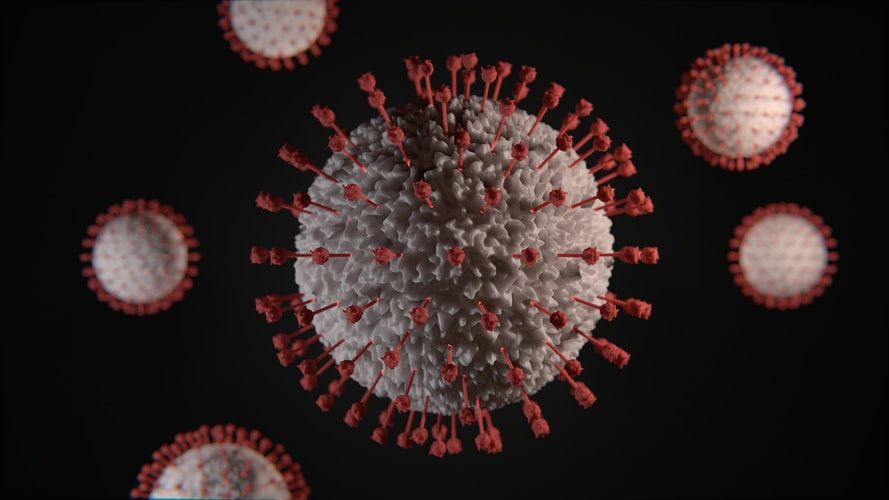A respiratory virus that is seen in the United States every year has showed up early this year and is spreading quickly, especially among children, doctors said.
Hospitals are seeing a rise in cases of the respiratory syncytial virus, or RSV – a common cold virus that can be associated with severe disease in young children and older adults. Health facilities in multiple US regions are struggling to handle incoming patients. While it is like the flu, the infection can be serious for little kids and babies.
Each year, an estimated 58,000 children younger than 5 years old are hospitalized due to RSV infection. However, the numbers for this year could likely see an increase as daily cases have doubled along with the early arrival of the infection.
Also Read | Why children’s hospitals in US are brimming with respiratory syncytial virus patients
Those at greatest risk for severe illness include premature infants, infants below 6 months, children younger than 2 years with chronic lung disease or congenital (present from birth) heart disease, children with weakened immune systems and children with neuromuscular disorders, including those who have difficulty swallowing or clearing mucus secretions.
RSV Symptoms:
RSV symptoms may not be severe when it first starts. However, it can become severe a few days into the illness. Early symptoms of RSV may include, a runny nose, a decrease in appetite and a cough.
In very young infants (less than 6 months old), the only symptoms of RSV infection are irritability, decreased activity, lack of appetite and apnea – pauses while breathing. Those who contract the infection may not always have fever, according to CDC.
Also Read | US doctors want children to take updated COVID-19 vaccines as soon as possible
Most of the time RSV will cause a mild, cold-like illness. However, some severe cases can see bronchiolitis (inflammation of the small airways in the lung) and pneumonia (infection of the lungs).
One to two out of every 100 children younger than 6 months of age with RSV infection may need to be hospitalized. Those who are hospitalized may require oxygen, intubation, and/or mechanical ventilation (help with breathing). Most improve with this type of supportive care and are discharged in a few days.
Most RSV infections go away on their own in a week or two. However, in severe cases, children need extra care and attention.







